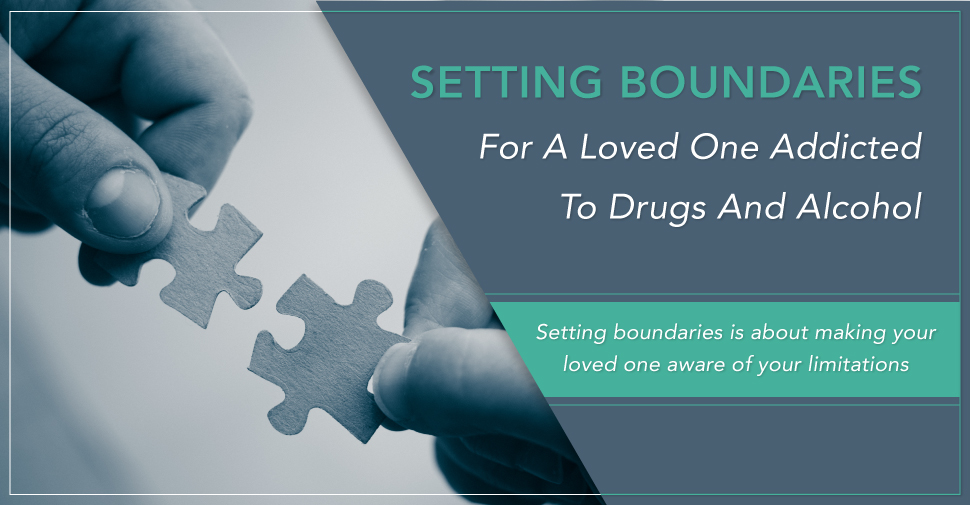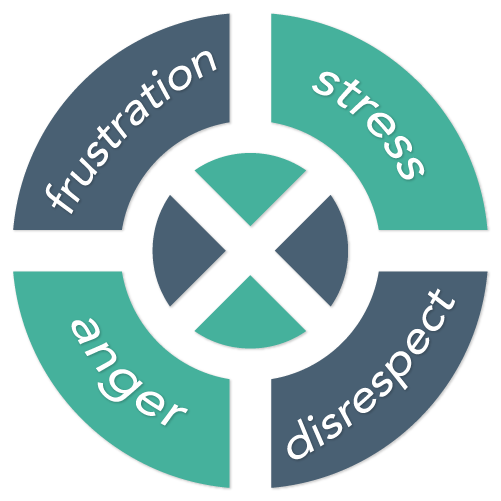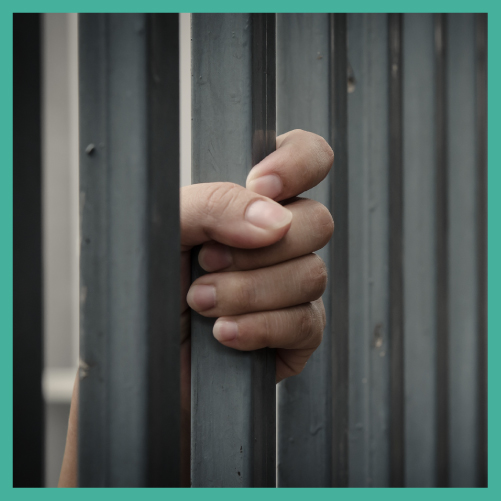
When someone is addicted to drugs or alcohol, the addiction affects much more than their behavior and physical characteristics; drug addiction has been defined as a brain disease by the National Institute on Drug Abuse. Addiction happens when the urge to take drugs or abuse alcohol is too strong for the person to control and use becomes more of a priority than basic human needs, like eating or sleeping. Addiction may cause someone to act in ways they would otherwise consider horrific, which include stealing from, lying to, and hurting the people they care about the most.
What Is Addiction?
Drug and alcohol addiction changes the way the brain communicates with and responds to signals, called neurotransmitters. The chemicals found in drugs, including legal and illegal drugs, can mimic the neurotransmitters in the brain or change the way the brain responds to them. Addiction can cause mood swings, memory loss, trouble thinking and making decisions, as well as sudden weight loss, lack of personal hygiene, and a deterioration of the physical appearance. Addiction manipulates the brain into thinking that it needs the drugs to survive.
Why Is It So Difficult To Quit Drugs?
According to the National Institute on Drug Abuse, overcoming addiction is no small feat, and it is not merely a matter of willpower. When someone suffers from addiction, the thought of quitting and going through withdrawal is enough to scare them into not quitting. Withdrawal can make someone very ill and can disrupt their entire life, so it often seems too insurmountable to overcome addiction. But it can be done, especially when there are support groups, counseling, and treatment programs involved.
What is Boundary Setting?
Boundary setting for your addicted loved one involves setting limits of what you will and will not allow in your home or relationship. Setting rules may seem harsh, but if you don’t set strict boundaries, you will allow your addicted loved one to continue their drug use and harm your family or relationship further. Boundary setting forces your loved one suffering from addiction to take responsibility for his or her actions.
Why Can It Be Hard For Addicted Loved Ones To Stick To Boundaries?
When someone is addicted to a substance, the ability to stop using drugs isn’t based on personal choice; rather, drug use is controlled by the now-diseased brain.
Boundary setting does not work if you set rules and expect them to never be broken. Demanding that the addicted loved one stops doing drugs is setting them up for failure and you up for constant disappointment and frustration. Setting boundaries is about making your loved one aware of your limitations and what exactly will happen if they breach them. It doesn’t work if you don’t follow through on the rules and boundaries you set and continue to enable your loved one’s drug use.
Why Do Boundaries Often Get Changed With Addicted Loved Ones?
There are many reasons why we continually adjust our boundaries with loved ones even though we may swear never to give in again. They include:
- Holding onto the memory of the love and relationship before drug abuse began
- The belief that the addicted loved one can stop doing drugs if they really want to or if they “truly love you”
- The lack of understanding of normal drug use versus abuse and addiction
- The common misbelief that addiction is a lack of willpower, not a disease
The Dangers Of Being An Enabler
When you have a loved one who is addicted to drugs or alcohol, nothing good can come from allowing inappropriate behavior. Setting concrete boundaries may seem harsh at first, but not setting boundaries with your loved one will enable their addiction to continue. When you allow yourself to live in a household where anger, frustration, stress, and disrespect are a constant state, you are robbing yourself of the quality of life you deserve.
The Importance Of Setting Boundaries With A Loved One Addicted To Drugs
As soon as you realize that you cannot control your loved one’s drug use, but you can control how you will react and behave, you regain stability in the relationship. Once your addicted loved one sees that you’re serious about the boundaries you set, they will be much more likely to seek addiction treatment in the future.
Good Examples Of Boundaries
Inappropriate boundaries are demanding the addicted loved one stops doing drugs, or claiming that they must not love you enough if they don’t stop drugs. These boundaries don’t work because the blame is being put on the person, not the addiction.
Examples of appropriate boundaries include:
- If you end up in jail, I won’t bail you out or pay for a lawyer
- I won’t give you any more money for anything
- I won’t allow any drug-using friends in the house
- I won’t allow any drug paraphernalia in the house
How To Prepare And Stick To Boundaries
First and foremost, it is important to understand that it is perfectly okay and acceptable to want peace in your home, respect, and appropriate behavior from everyone, including your addicted loved one. Begin setting boundaries by asking yourself these questions:
- What is the most loving thing I can do for my addicted loved one?
- How can I show respect for myself that I deserve?
Once you answer these questions, you’ll realize that it is best for both of you to set strict boundaries that you are able to follow through with. Decide on your boundaries when you are in a calm frame of mind, and be prepared to commit to the boundaries you set. For example, threatening to kick your teen or adult child out of the house when you’re upset may not be something you’re actually prepared to enforce the next time he or she makes a mistake.
Follow these additional tips to help you stick with the boundaries you set:
- Be informed on the brain disease of addiction and the extent of its power
- Learn more about why those suffering from addiction lie, steal, cheat, and hurt those they love (and why it isn’t personal)
- Understand that change takes time
- Know why it is never helpful to be an enabler
 Get Help With Boundary Setting For An Addicted Loved One
Get Help With Boundary Setting For An Addicted Loved One
You deserve to know that it is possible to regain some peace and respect in your home and to overcome the ups and downs of living with fear, anger, confusion, and pain. The friendly staff at DrugRehab.org is here to help you successfully set boundaries with your addicted loved one and regain the lifestyle you deserve. Contact us today and get started on the path towards healing your loved one and your family from the disease of addiction.
Sources:
https://www.drugabuse.gov/publications/drugfacts/understanding-drug-abuse-addiction
http://hamrah.co/en/pages/setting-boundaries/
https://candaceplattor.com/blog/loving-an-addict-loving-yourself-the-importance-of-setting-boundaries/
http://www.breakingthecycles.com/blog/2015/01/04/setting-boundaries-with-addicted-family-members/





